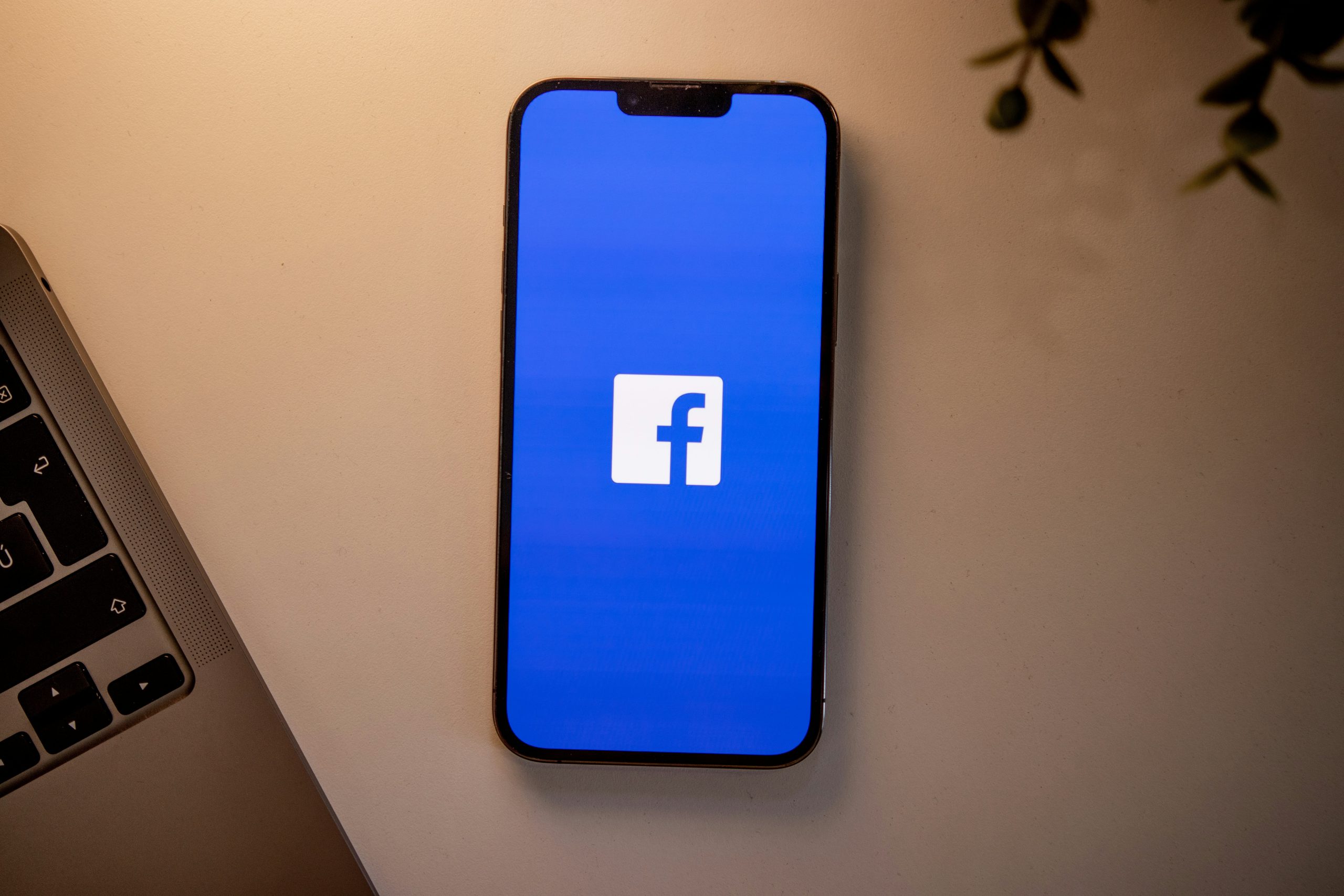In the realm of digital marketing, precision and efficiency are paramount. Facebook’s Lookalike Audiences offer a powerful tool to achieve both, allowing businesses to expand their reach and find new customers who share characteristics with their best existing customers.
Understanding Lookalike Audiences
Lookalike Audiences is a feature within Facebook Ads that enables marketers to target new users like their existing customers. By analyzing data from your source audience—typically your most engaged customers—Facebook identifies new people with similar behaviors and interests. This capability broadens your marketing reach and enhances the precision of your targeting efforts, ensuring that your ads are seen by individuals most likely to be interested in your products or services.
Creating Lookalike Audiences
To start creating a Lookalike Audience, you first need a source audience. This group can be defined based on various criteria, including users who have engaged with your content, visited your website, or made a purchase. Here’s how to set it up:
- Choose Your Source Audience: Navigate to your Facebook Ads Manager and select “Audiences.” You can create a new source audience or use an existing one, such as people who have interacted with your page or used your app.
- Select the Audience Size: When creating a Lookalike Audience, specify a percentage of the target country’s population. Smaller percentages tend to be more closely matched to the source audience, while larger percentages increase reach but reduce similarity.
- Configure Your Lookalike Audience: Choose the countries where you want to find a similar population. You can create multiple Lookalike Audiences to test the effectiveness in different regions.
Integrating Lookalike Audiences into Campaigns
Strategic Campaign Integration: Lookalike Audiences should be integrated into your marketing strategy to complement other targeting methods. Use them with other audience definitions to cover different aspects of your marketing funnel—from awareness to conversion.
Optimization and Testing: Continuously test your Lookalike Audiences against other audience segments. A/B testing can be particularly effective in determining which audiences provide the best return on ad spend (ROAS).
Segmenting Lookalike Audiences for Diverse Campaign Objectives
Integrating Lookalike Audiences effectively into your marketing campaigns requires a nuanced approach, especially when dealing with various campaign objectives. To harness the full potential of Lookalike Audiences, it’s essential to tailor them according to each campaign’s specific goals.
Brand Awareness Campaigns: For campaigns aimed at increasing brand awareness, consider using a broader segment of your Lookalike Audience. You might opt for a larger percentage (the top 5% of users in a target location) to maximize reach. The focus should be on introducing your brand to a broad audience that shares core similarities with your best customers.
Lead Generation Campaigns: When the goal is to generate leads, a more refined segment of lookalike audiences is preferable. Target a closer match to your source audience (the top 1-2%) to ensure that the users reached are those most likely to engage and provide their contact information based on their similarity to your existing leads or high-value customers.
Conversion-Focused Campaigns: For campaigns specifically designed to drive sales or other conversion types, use the most precise segment of your Lookalike Audience. Narrowing down to users resembling your previous converters can help increase the conversion rate. This strategy involves using the smallest possible audience size setting to target users who mirror your proven customer base’s buying behaviors and characteristics.
Leveraging Advanced Tools and Insights
To further refine your strategy, leverage Facebook’s advanced analytical tools to monitor the performance of different Lookalike Audience segments. Utilize insights from Facebook Analytics to understand which segments are performing best and adjust your strategy accordingly. Consider integrating data from other platforms, such as Google Analytics, to view how these audiences interact with your website or app after clicking on your ads.
Best Practices for Lookalike Audiences
- Refresh Your Source Audience Regularly: As your business evolves, so do your ideal customers. Update your source audience regularly to ensure your Lookalike Audience remains relevant.
- Use High-Quality Data: A Lookalike Audience’s effectiveness hinges on the source audience’s quality. Ensure the data you use to create your source audience accurately represents your most valuable customers.
- Combine with Other Targeting Options: To further refine your targeting, combine Lookalike Audiences with additional parameters such as interests, age, gender, and geographic location.
Facebook’s Lookalike Audiences represent a potent tool for marketers seeking to scale their digital campaigns efficiently. By leveraging the similarities between new and existing customers, businesses can achieve more targeted reach, improved engagement, and better conversion rates. With proper creation, integration, and continuous optimization, Lookalike Audiences can significantly enhance your marketing strategy, driving growth and profitability.




